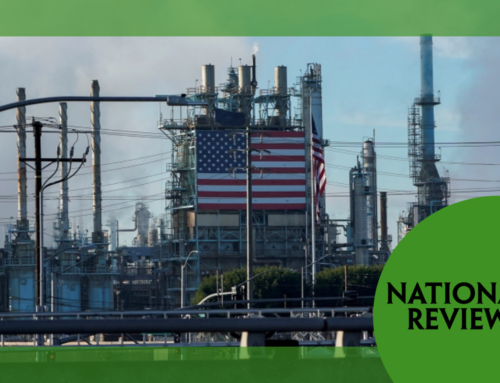Courtesy of the Dickinson Press
BISMARCK—Continental Resources CEO Harold Hamm said Wednesday the drop in oil prices may have been the best thing to happen to the industry.
“We would never have gained the efficiencies that we have today without going through that,” Hamm said during the Williston Basin Petroleum Conference May 23.
But while North Dakota Gov. Doug Burgum reiterated his goal for the state to produce 2 million barrels of oil per day, Hamm was more conservative with his projections.
“We’ve got to go a long ways to get there,” Hamm said in an interview. “I think people are cautious, more so than ever before in having seen the price collapse.
“North Dakota remains the No. 2 oil-producing state with 1.16 million barrels per day. The state is expected to surpass its record of 1.23 million barrels per day this summer.
Burgum applauded the industry for continuing to have strong production despite having less than a third as many active drilling rigs as four years ago.
“You had the courage to step up and risk your own capital, private capital, investing in innovation at a time when others thought they could put this basin and others like it out of business,” Burgum told industry leaders.
Continental Resources, the top Bakken producer, operates seven drilling rigs in North Dakota, up from four during the slowdown. Hamm said the company doesn’t expect to add more rigs in the Bakken this year, but will work toward reducing a backlog of wells that were drilled but have not yet been completed.
“We have a different dynamic with the market today than we’ve had in the past,” Hamm said. “That is, instead of just producing oil, we’re going to make sure we produce shareholder return.”
Industry representatives at the conference continue to be optimistic about the future of the Bakken, with Hess Corp. executive Greg Hill calling it “his favorite asset.”
“The Bakken is a huge part of our portfolio,” said Hill, president of worldwide exploration and production.
Two to three years ago, most investors were focused on the Permian Basin in Texas, Hill said. But today, the Permian doesn’t have enough pipelines and other infrastructure to keep up with production, similar to the stage North Dakota was at several years ago, he said.
“The Bakken now is the place to be,” Hill said.
Hess plans to devote about 43 percent of its capital investment to the Bakken, and over the next three years, the play will be the company’s largest investment opportunity at about $1 billion annually, according to Hill.
Read Source Here (TheDickinsonPress.com)







Leave A Comment